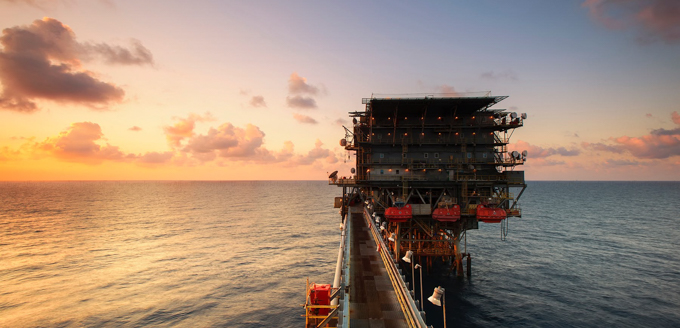
The BP Deepwater Horizon oil spill of April 20, 2010, stands as one of the most catastrophic environmental disasters in history. Occurring in the Gulf of Mexico, the spill resulted from the explosion of the Deepwater Horizon oil rig, leading to the loss of 11 lives and the release of approximately 4.9 million barrels of oil into the ocean over 87 days. This event not only caused unprecedented environmental damage but also led to a complex web of legal challenges and ramifications. This blog delves into the aftermath of the spill, focusing on its environmental impact and the subsequent legal battles that highlighted the need for stricter regulatory oversight and corporate accountability in the oil and gas industry.
Environmental Impact and Immediate Response
The immediate environmental impact of the Deepwater Horizon spill was devastating. The massive influx of oil into the Gulf of Mexico severely affected marine life, including the death of thousands of marine mammals, sea turtles, and birds. The spill’s footprint covered thousands of square miles of ocean, impacting coral reefs, deep-sea habitats, and coastal wetlands. It also inflicted significant economic damage on the Gulf Coast’s fishing and tourism industries, disrupting lives and livelihoods.
In response to the spill, BP and various U.S. government agencies launched a massive cleanup operation. Skimming, controlled burns, and the use of dispersants were some of the methods employed to manage the spill. However, the use of chemical dispersants raised concerns about potential long-term environmental impacts, adding another layer of complexity to the disaster’s aftermath. The spill exposed critical gaps in disaster preparedness and response capabilities, prompting a reevaluation of strategies for managing oil spill emergencies.
Legal Battles and Settlements
The legal ramifications of the Deepwater Horizon spill were as complex and sprawling as the spill itself. BP faced numerous lawsuits from individuals, businesses, and government entities seeking compensation for the economic and environmental damage caused by the spill. In addition to civil lawsuits, the U.S. government filed criminal charges against BP and several rig operators for violations of federal laws, including the Clean Water Act and the Migratory Bird Treaty Act.
In 2012, BP agreed to a landmark settlement with the Plaintiffs’ Steering Committee, representing thousands of individuals and businesses affected by the spill. The settlement, which was uncapped but estimated to cost BP upwards of $7.8 billion, covered economic loss and property damage claims. Moreover, in 2015, BP reached a $20.8 billion settlement with the U.S. government and the five Gulf states, which was the largest environmental settlement in U.S. history. This settlement included fines, penalties, and funds allocated for environmental restoration and economic claims.
Regulatory Reforms and Industry Impact
The Deepwater Horizon oil spill served as a wake-up call, highlighting the need for significant reforms in offshore drilling practices and regulatory oversight. In the aftermath, the U.S. government undertook a comprehensive review of offshore drilling regulations, leading to the implementation of stricter safety and environmental standards. The establishment of the Bureau of Safety and Environmental Enforcement (BSEE) aimed to enhance the safety of offshore oil and gas operations, emphasizing the prevention of future spills.
The disaster also prompted the oil and gas industry to reassess its safety protocols and emergency response strategies. Companies invested in new technologies and practices designed to prevent blowouts and improve the ability to respond to potential spills effectively. These changes reflect an industry-wide shift towards prioritizing safety and environmental protection, although critics argue that more stringent measures are still needed to prevent future disasters.
Conclusion
The BP Deepwater Horizon oil spill remains a pivotal moment in environmental history, symbolizing the inherent risks of offshore oil drilling and the potential for human error and technological failure to cause widespread harm. The environmental devastation and the subsequent legal battles underscored the importance of corporate accountability and regulatory oversight. While the settlements and regulatory reforms represent steps toward justice and safety, they also serve as a reminder of the ongoing challenges in balancing energy needs with environmental protection and safety. The legacy of the Deepwater Horizon spill continues to influence debates on energy policy, environmental law, and the future of offshore drilling, reminding us of the critical need for vigilance, responsibility, and sustainability in our interactions with the natural world.
